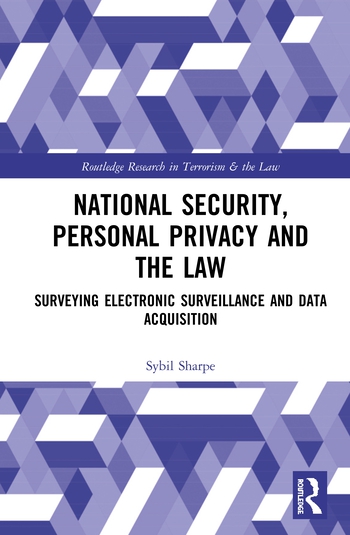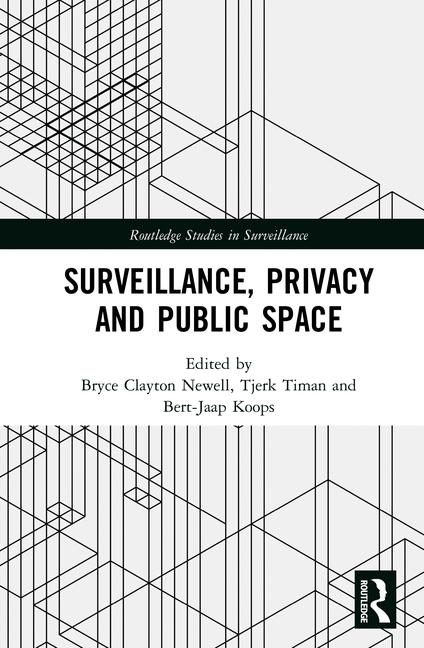An important case which was decided in New York several years ago is well worth reporting. The plaintiffs who owned a jewelry store entered into two agreements with an alarm company whereby the alarm company would install intrusion and CCTV systems. A month later the parties entered into a third agreement for intrusion monitoring services, the terms of which superseded all prior agreements.
The agreements stated, “We are not an insurer . . . it is your responsibility to obtain adequate insurance, a waiver of subrogation clause, a limitation of liability clause and a provision limiting liability to $1,000 with respect to the closed circuit television service.”
The plaintiffs received a phone call from the alarm company informing them that the jewelry store was experiencing a “communication error” whereupon the plaintiffs directed the alarm company to call the police. Approximately one hour later, the plaintiffs called the alarm company to follow up and ask if everything was OK and if the store was protected.
The plaintiffs were told that “everything was fine, the police came to the store and the store was fully secured by the alarm.” The next day the plaintiffs received a second call from the alarm company at which time they were informed the store was again experiencing a communication error in a few zones, but that there was no burglary, just a communication problem. Later that day, the plaintiffs again contacted the alarm company and were told that everything was fine.
On the next morning, the plaintiffs went to the store and discovered that it had been burglarized and over $500,000 in jewelry had been taken. That same day, the plaintiffs also learned that the cameras supplied by the alarm company had not filmed at all and the camera’s backup storage provided by the alarm company was completely empty.
The plaintiffs filed a claim with their insurance carrier, which had issued a policy covering losses up to $80,000. However, as a consequence of the stolen merchandise having been “out of safe or vault while closed to business,” the insurance carrier paid only $5,000.
The plaintiffs sued the alarm company, as well as the insurance company, for breach of contract, gross negligence, negligence and res ipsa loquitur, a principle in tort law that allows plaintiffs to meet burden of proof with circumstantial evidence.
Causes of action sounding in gross negligence and res ipsa loquitur were also asserted against the insurance company. The defendants moved to dismiss the complaint, a motion which was granted.
The court stated that notwithstanding any alleged gross negligence, the risk allocation/waiver of subrogation provision set forth in the agreement — which requires the plaintiffs to obtain insurance for all losses occurring at the jewelry store and whereby plaintiffs waived any remedies against the alarm company — functions as a complete defense to the breach of contract, gross negligence, negligence and res ipso loquitor claims asserted against the alarm company.
The court further stated that while an exculpatory clause in an agreement will not protect a defendant from liability for gross negligence, a waiver of subrogation clause which releases and discharges an alarm company from and against all hazards covered by insurance, clearly precludes an insurer, as subrogee, from seeking return of any proceeds covered by insurance notwithstanding any claim of gross negligence.
Moreover, the court further stated a party that executes a contract is presumed to know its contents and to assent to them, adding, “An inability to understand the English language, without more, is insufficient to avoid this general rule.”
A party that signs a document is conclusively bound by its terms absent a valid excuse for having failed to read it. A party that signs a document without any valid excuse for having failed to read it is conclusively bound by its terms. Persons who are illiterate in the English language are not automatically excused from complying with the terms of a contract, which they sign simply because they could not read it. Such persons must make a reasonable effort to have the contract read to them.








